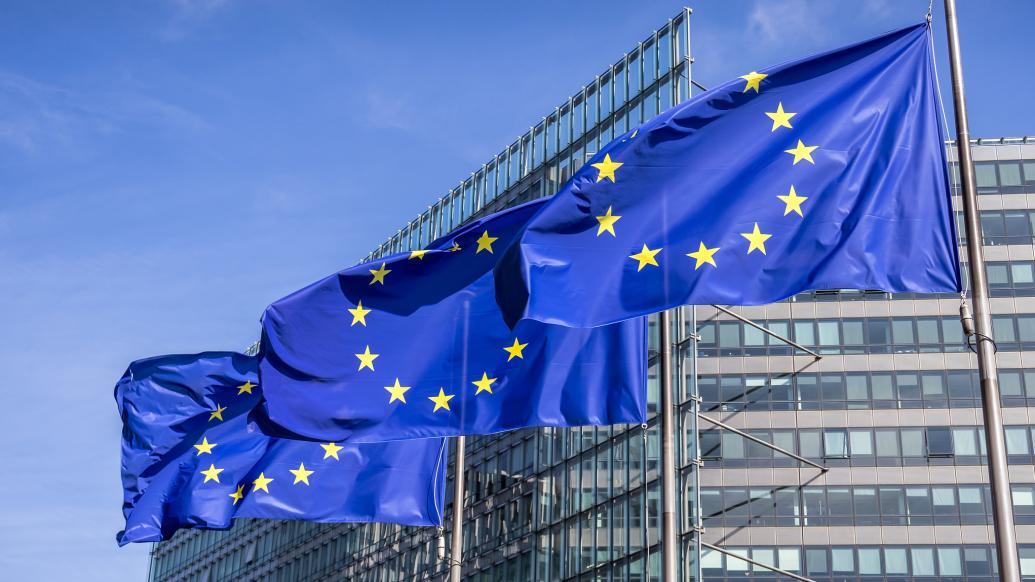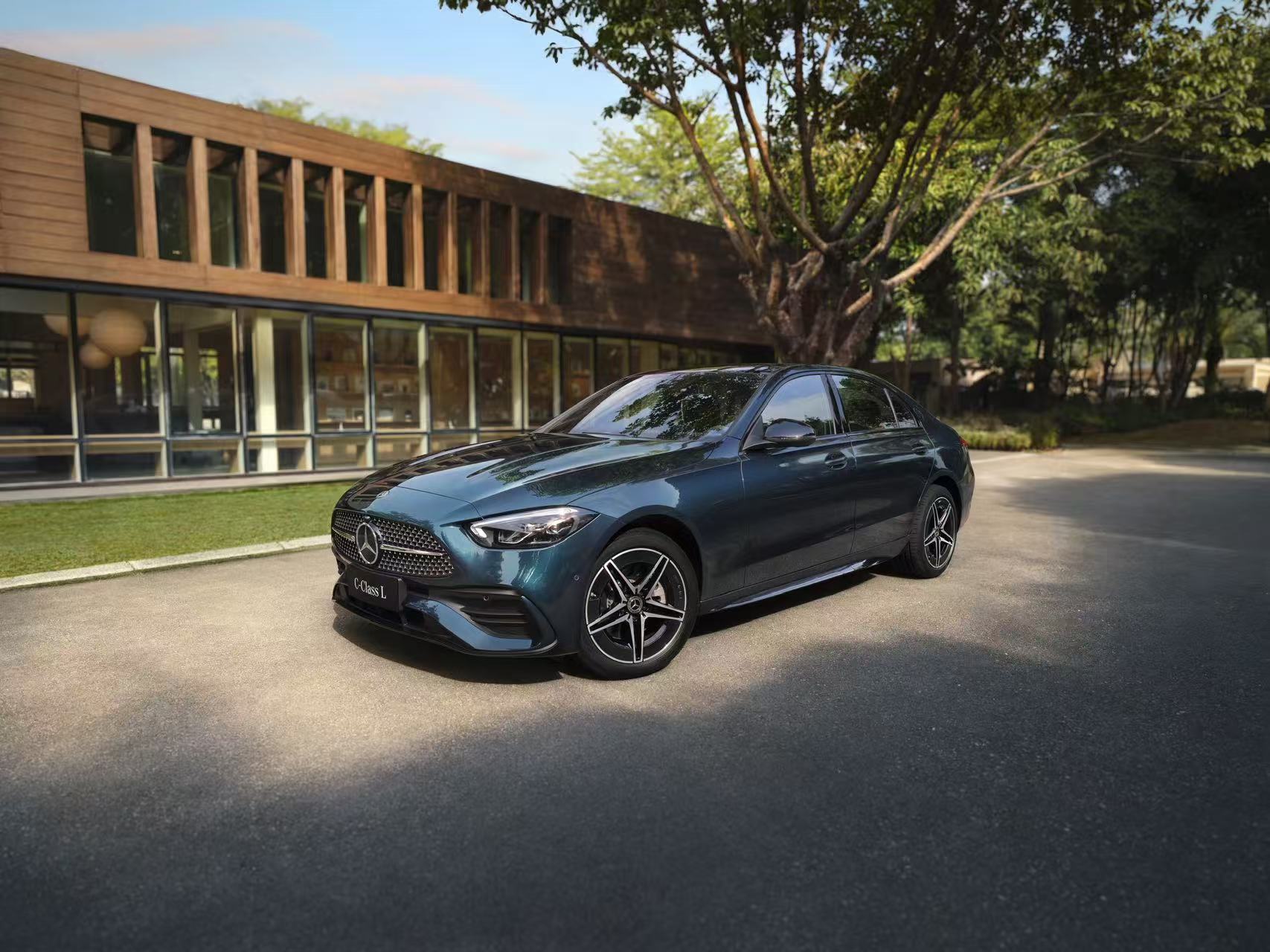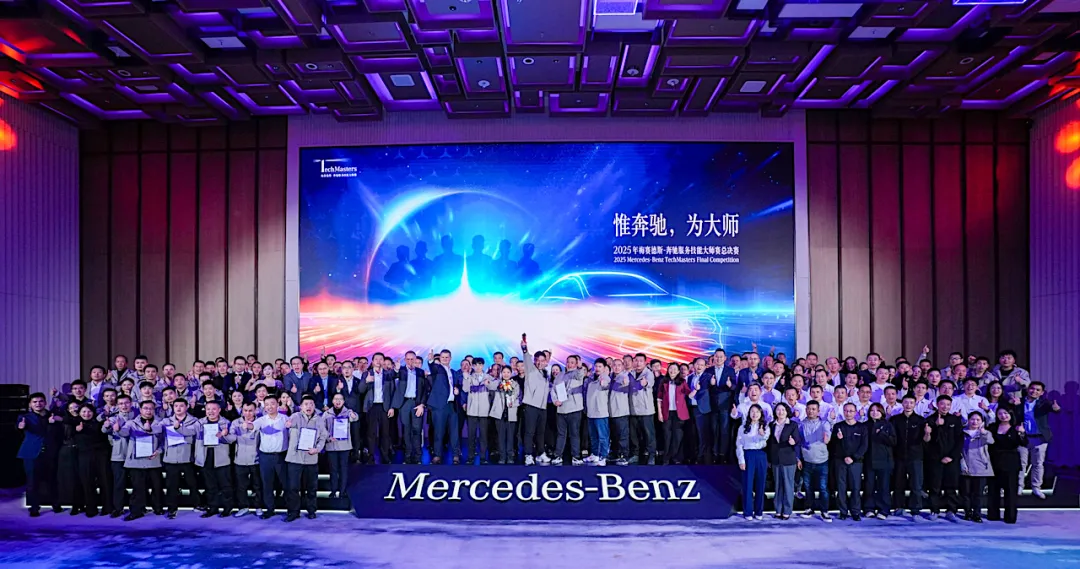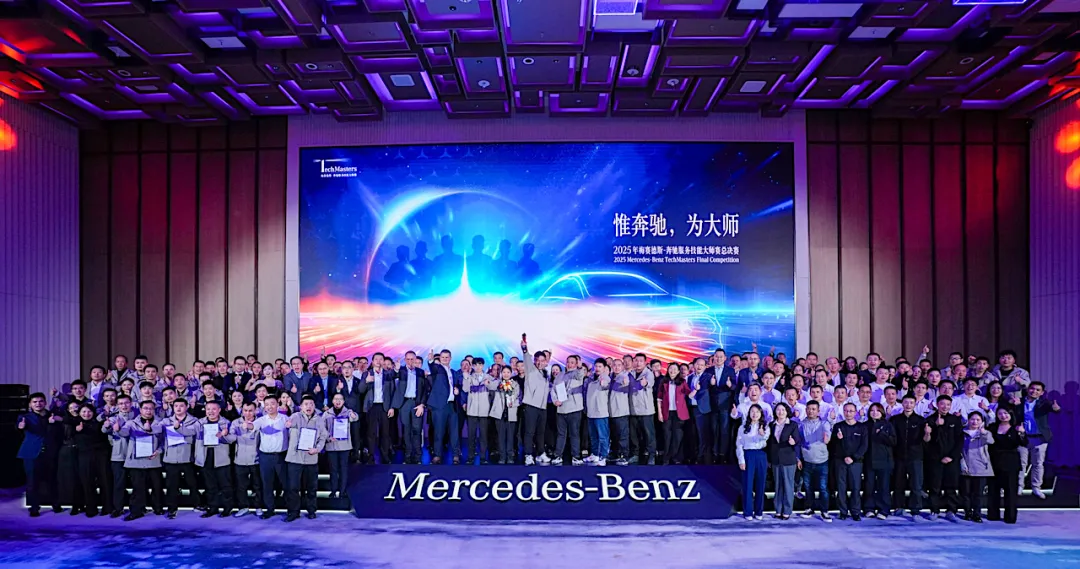
This week, the biggest news in the automotive industry is the EU's additional tariffs on Chinese electric vehicles.
On June 12, the European Commission released a preliminary ruling on its anti-subsidy investigation into Chinese electric vehicles, disclosing its intention to impose a temporary anti-subsidy tax on electric vehicles imported from China.

European Union Headquarters
It is reported that on top of the original 10% ordinary import tariff, it is planned to impose a 17.4% tariff on BYD Auto, a 20% tariff on Geely, and a 38.1% tariff on SAIC Motor. All three manufacturers are sampled in the ongoing EU investigation.
In addition, the EU plans to impose an average anti-subsidy tax of 21% on electric vehicle manufacturers that participated in the investigation but were not sampled; electric vehicle manufacturers that do not cooperate with the investigation will be subject to an anti-subsidy tax of 38.1%.
The additional tariffs are the result of the EU's anti-subsidy investigation into Chinese electric vehicles that began in October last year. The temporary new tariff policy is expected to be implemented on July 5. Within four months after the temporary tariffs take effect, the final tariff measures will be announced, and the final measures will be effective for five years.
After the action was announced, my country's Ministry of Foreign Affairs, Ministry of Commerce, European Union Chamber of Commerce in China, China Association of Automobile Manufacturers and others expressed regret and dissatisfaction.
The top executives of major European automakers including Volkswagen, Mercedes-Benz and BMW also expressed opposition.
It is certain that China expressed indignation, because this is an "unfair" trade protection measure that harms the overall interests of my country's automobile industry.
It is not difficult to understand why the three major European car companies have also chosen to stand on our side.
Volkswagen, Mercedes-Benz and BMW have a lot of business in China, and their sales in China account for nearly one-third of their global sales. They are worried that China's countermeasures against the EU's tariffs will hurt their interests, so they oppose the tariffs. Germany opposes, while France agrees, because German car companies still have a considerable market share in China, while French car companies have a weak presence in China.
There is no doubt that the tariffs imposed by Europe and the United States will weaken the competitiveness of Chinese automakers in the local market. We must also recognize that as China's electric vehicles develop, it is foreseeable that more countries will be "scared" of them.
In the past two days, domestic and foreign media have been flooding with reports condemning the EU's tax increase, such as "A certain organization: Tariffs will not help the long-term development of the European auto industry" and "A certain car company: We should not move in the opposite direction of trade freedom." It's very exciting to watch, but it's just a verbal battle and does not help solve the substantive problems of Chinese car companies going overseas.
We cannot rely on so-called free trade agreements and pin our hopes on the other side's morality, but we need to think of other ways.
There is obviously a way. The gentle way is to continue submitting materials, publish a transparent carbon footprint certification system, actively respond to the lawsuit in the way the EU wants, effectively control related risks, and get the opportunity to adjust tariffs after 4 months.
A more aggressive approach is to build a factory in Europe, which can also promote local employment. However, this may also be blocked by environmentalists. The Tesla Gigafactory in Berlin has been repeatedly blocked and delayed many times, which is a lesson for us.
In addition, there is another method, which is to learn from the practices of some overseas car companies in the past, use China's innovative technology, polish the sign of Made in China, and attract consumers not only with good quality and low price, but also with high quality and high price, so that European consumers will buy imported Chinese cars for the sake of "authentic Made in China".
Today, China’s electric vehicles are powerful and are no less competitive than overseas cars in the Chinese market. Chinese brands have also been striving to move towards the high-end. Isn’t the suppression from the outside a manifestation of our growing strength that makes our competitors fearful?
The China Chamber of Commerce for Import and Export of Machinery and Electronic Products also stated in a statement released on the evening of June 12 that this investigation was not initiated by the EU industry, but was initiated by the European Commission ex officio based on the threat of damage. This is very rare in the EU's trade relief practice, and there are serious flaws in the investigation process.
For politicians such as the European Commission, if their political goals are achieved, they can easily put down the high-raised tariff stick.
Of course, if they want to cultivate local markets, they can set up joint ventures, share the profits, and let overseas car companies become "compradors." Leapmotor and Stellantis are doing such business.
While the European Commission was still immersed in the joy of announcing the increase in tariffs on Chinese electric vehicles, Chery and BYD had already begun to plan European factories; the share prices of Mercedes-Benz, BMW and Volkswagen began to decline continuously; the Chinese-made MINI electric vehicles and the Dacia Spring electric vehicles produced by Dongfeng Renault, these European brands were also inevitably subject to the increase in tariffs.
This tariff stick appears to be aimed at Chinese electric vehicles, but in fact, the Europeans themselves are also suffering from the pain.


